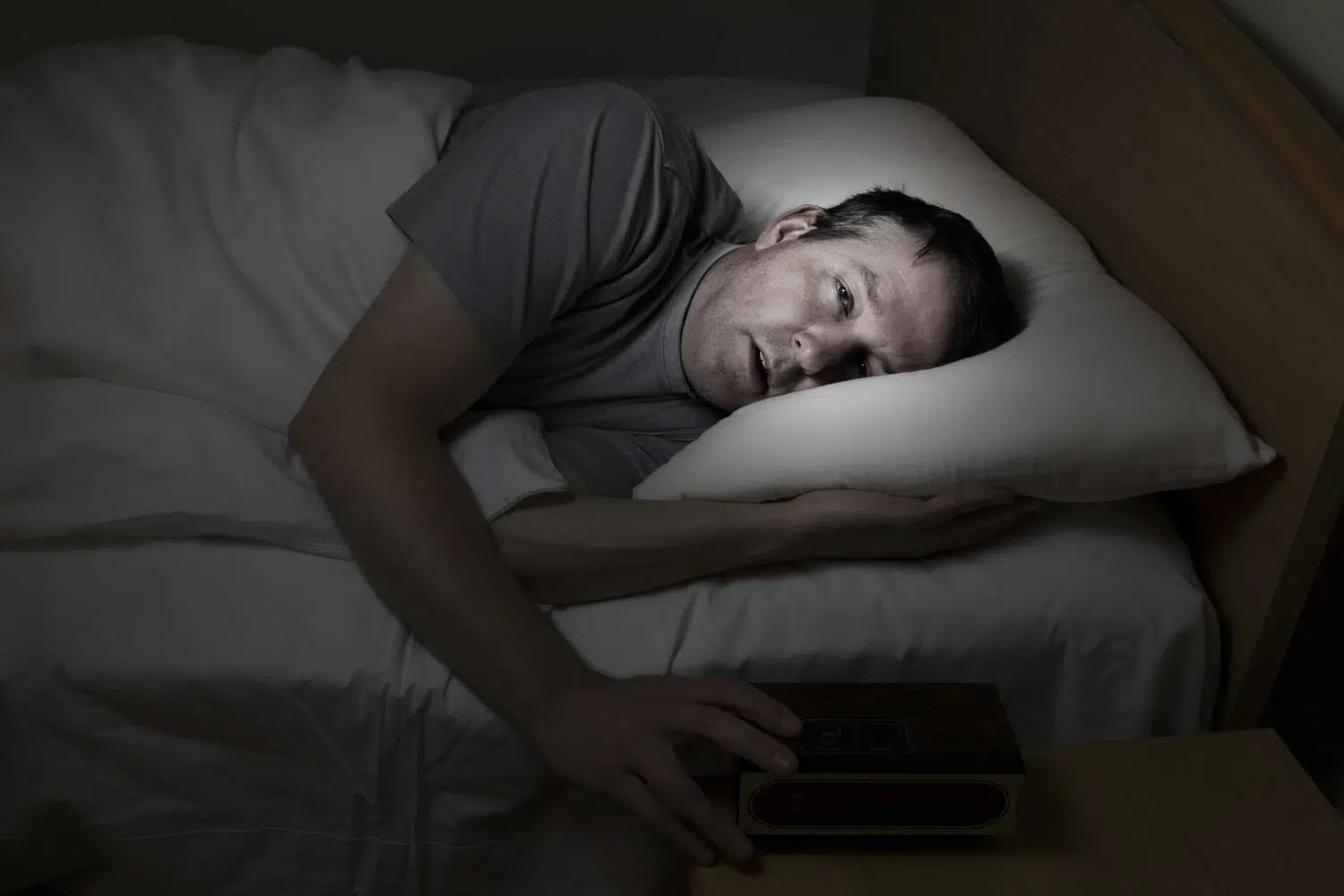The comedian W.C. Fields offered a bit of advice to a man suffering insomnia: “Oh, insomnia. I know a good cure for it – get plenty of sleep…” If you are having trouble getting a restful night’s sleep because of paternal custody issues in Virginia, consider these facts. They could make you toss and turn more, or they could be just what the doctor ordered.
What the Law Says About Custody …
What Virginia’s written law says regarding custody of children after a divorce is, unfortunately, not always what the courts do. This is not to impugn judges; they do their best, but as any lawyer will tell you, the law is not justice.
Code of Virginia § 20-124.2 lays out the various factors a judge must consider in determining custody. Long gone are the “tender years” litmus tests that automatically assumed mothers were more fit to have sole physical custody than fathers. Some of the law’s wording is deliberately vague:
“In determining custody, the court shall give primary consideration to the best interests of the child.”
This forces the judge to assume she or he knows what is in the best interests of the child, so most judges invite considered opinions before deciding which parent gets physical custody, which gets legal custody, or if custody is shared.
Stranger Danger
These outside opinions can be formed by people you have never met. They could be court-appointed psychologists, caseworkers, someone from Child Protective Services (CPS), or someone else. These strangers may interview your child in the presence of your spouse (or soon-to-be ex), or you. Ideally, they are trying to form professional opinions about which household your child will thrive in, but sometimes they are left trying to ferret out reasons to rule out one parent or the other just to make a decision.
Best Interests of the Child: The 10 Factors
Code of Virginia § 20-124.3 stipulates 10 factors the judge must use to determine custody or even just visitation. You will find the typical fare, like your mental and physical condition, your child’s mental and physical condition, the relationship you have, and so on. Then we get to #8 and #10:
“8. The reasonable preference of the child, if the court deems the child to be of reasonable intelligence, understanding, age and experience to express such a preference;
10. Such other factors as the court deems necessary and proper to the determination.”
This means the judge could interview your child. For a short period of a child’s life, meaning from around age two to 18, some children — we are not saying yours, of course, just some — tend to be impulsive. They say “Mom” on Tuesday and “Dad” on Wednesday. They hate everybody at noon and by suppertime they love everybody. It is what children do. So the judge, who may or may not have children of her own or his own, may think your kid is offering a final answer to a simple question: “With whom do you wish to reside?” Meanwhile your kid has no idea what “reside” means.
If that did not take a sledgehammer to your foundations, reread #10. The court can consider anything — anything — it deems necessary to reach a determination. Suppose you forget to empty the wastebaskets the day a court-appointed investigator comes to evaluate your apartment as a fit place for your kid to live. Meanwhile, you wife used your old toothbrush to make every chrome fixture in her house gleam. Who wins that round?
Restless Reflection
What keeps you up? Fear of losing your kid, of course. It’s primal, but it won’t happen unless you do something boneheaded. How can we be so sure? Because the same law that allows the judge wide latitude on choosing one parent over the other for physical custody also has this reassuring life preserver:
“The court shall assure minor children of frequent and continuing contact with both parents, when appropriate, and encourage parents to share in the responsibilities of rearing their children.”
Good custody lawyers know that (and a lot more of the law) by heart, but you may need to say it every night before you go to bed. You will not lose contact with your kids, because the law specifically orders both you and your ex-wife to stay involved. Keeping as much of the parent-child bond intact as possible serves your family well, and benefits Virginia.
Virginia Beach Custody & Visitation Lawyers for Fathers
To seek justice, even in our imperfect Virginia legal system, seek first a qualified attorney. Contact The Firm for Men’s father’s rights attorneys at 757-383-9184 to schedule a consultation. We serve the seven cities, from Virginia Beach and Norfolk to Hampton and Newport News. Of course we cannot come to your house and tuck you in during your paternal custody case, but we can help you sleep better.


